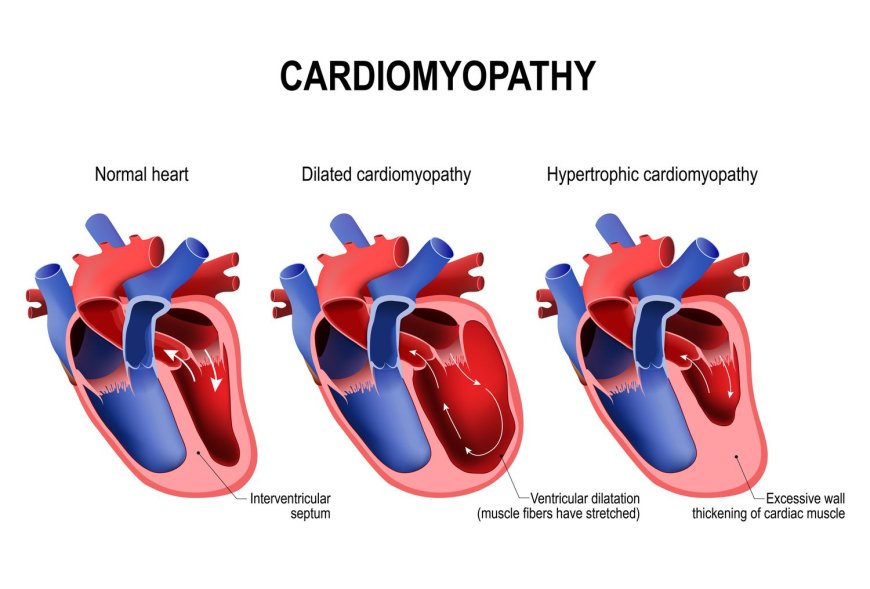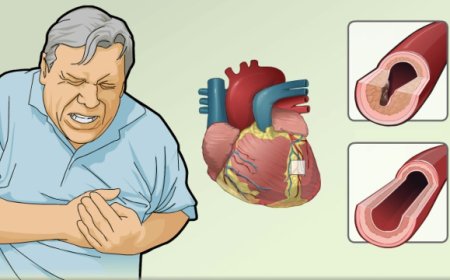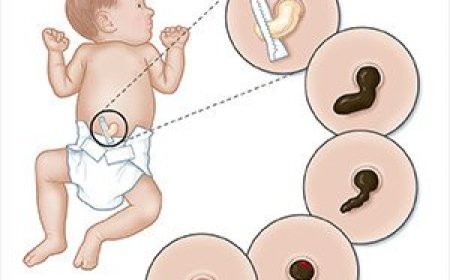Cardiomyopathy

Introduction :
In this article, we'll embark on a journey to understand Cardiomyopathy, a condition that affects some people in India. We'll explore what Cardiomyopathy is, its signs and symptoms, causes, risk factors, types, diagnostic tests, treatments, complications, and prevention techniques, all explained in simple language for our 10-year-old readers.
Signs and Symptoms:
Cardiomyopathy can be like a hidden warrior affecting the heart's strength and rhythm. Some common signs and symptoms of Cardiomyopathy include:
- Feeling tired or weak, like having less energy to play and enjoy activities.
- Shortness of breath, like having difficulty in catching one's breath after running or playing.
- Swelling in the feet or ankles, like having puffy feet after a long day of play.
What is Cardiomyopathy? :
Cardiomyopathy is a condition that affects the heart's ability to pump blood properly. It's like having a brave warrior, the heart, facing some challenges in doing its important job.
How Is Cardiomyopathy Classified? :
Cardiomyopathy is classified based on how it affects the heart muscles and how it changes the heart's shape. This helps doctors understand how to support and treat those with Cardiomyopathy.
Causes and Triggers:
The exact causes of Cardiomyopathy are not always clear, but sometimes it can be triggered by different things. For example:
- Some people may have Cardiomyopathy due to family genes, like having a family history of heart problems.
- Infections or heart damage from high blood pressure or other conditions can also cause Cardiomyopathy.
Risk Factors with Examples:
Certain factors can increase the chances of a person having Cardiomyopathy. For example:
- People who have close family members with heart problems may have a higher risk too.
- Certain medical conditions like diabetes or high blood pressure can also increase the risk of Cardiomyopathy.
Types of Cardiomyopathy:
Cardiomyopathy has different types based on how it affects the heart. Some common types include:
- Dilated Cardiomyopathy: This type makes the heart muscle weak and stretched, like a balloon that can't pump blood well.
- Hypertrophic Cardiomyopathy: This type makes the heart muscle thick and stiff, like a wall that makes it harder for blood to flow.
Diagnostic Tests and Their Use:
To diagnose Cardiomyopathy, doctors may use different tests to check how the heart is doing. Some common tests include:
- Electrocardiogram (ECG): This test is like a heart drawing that checks the heart's electrical activity.
- Echocardiogram: This is like taking a picture of the heart to check how well it pumps blood.
Treatments:
Treating Cardiomyopathy aims to support the heart and keep it as strong as possible. Some common treatments are:
- Medications: Doctors may prescribe special medicines to help the heart pump blood better.
- Lifestyle Changes: Eating healthy food and staying active can also help keep the heart strong.
Complications of Cardiomyopathy:
If Cardiomyopathy is not managed well, it can lead to heart problems like heart failure, where the heart cannot do its job properly.
Prevention Techniques:
While Cardiomyopathy may not always be preventable, some techniques can help keep the heart healthy. For example:
- Eating fruits and vegetables to keep the heart strong like a superhero.
- Regular check-ups with a doctor to make sure the heart is doing its best.
Remember, just like how we take care of our favorite toys and keep them in good shape, taking care of our hearts is essential too! If anyone feels unwell or experiences any heart problems, it's essential to talk to a healthcare professional for proper evaluation and guidance. With a strong and brave heart, we can embrace every joyful moment in India's beautiful world, filling our days with love and happiness!
What's Your Reaction?
 Like
0
Like
0
 Dislike
0
Dislike
0
 Love
0
Love
0
 Funny
0
Funny
0
 Angry
0
Angry
0
 Sad
0
Sad
0
 Wow
0
Wow
0








































































